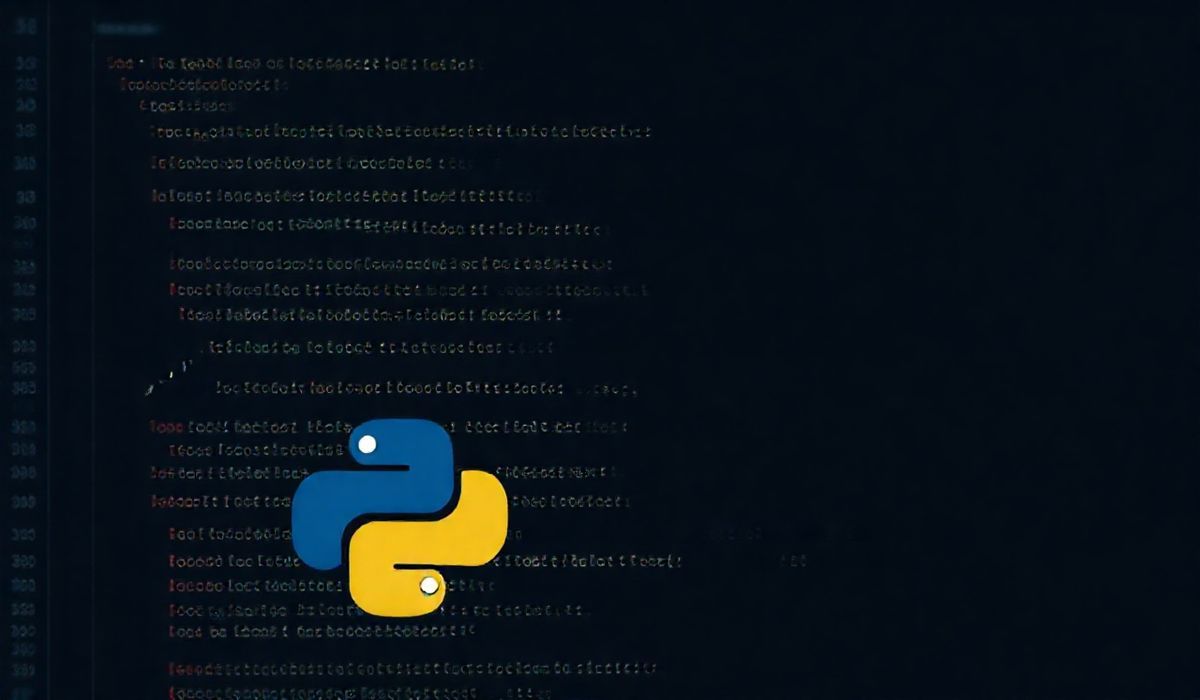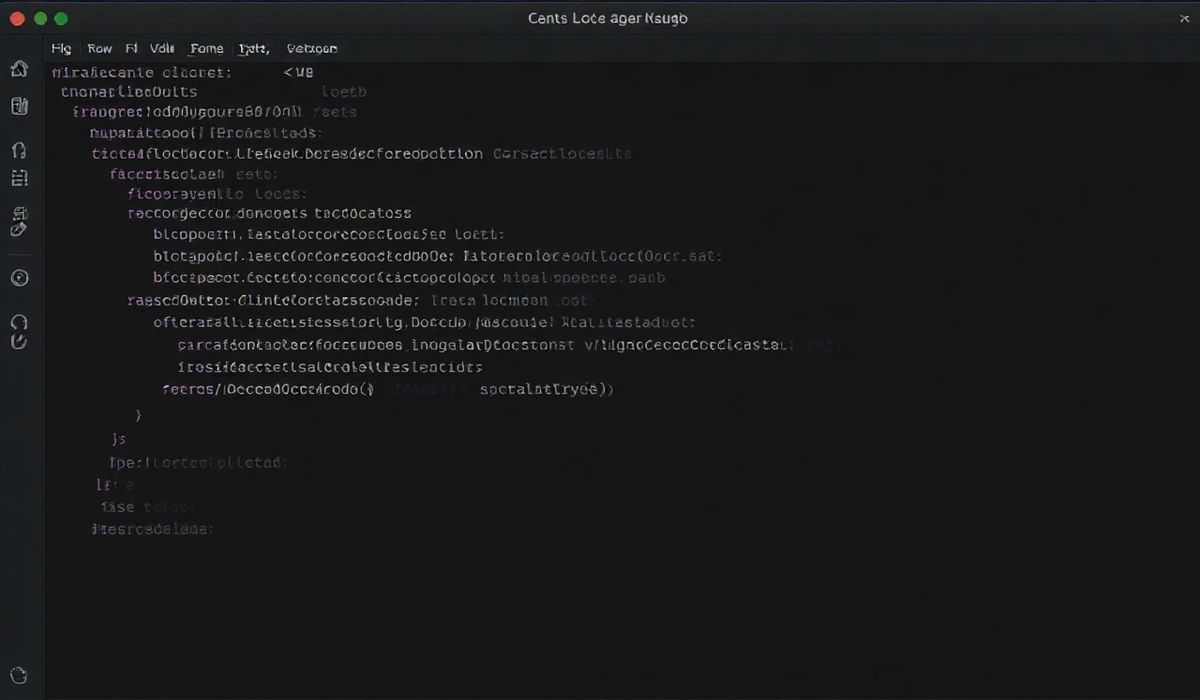Welcome to the World of typing-extensions
The typing-extensions library is a crucial component in Python’s type hints ecosystem. It serves as a backport of typing features introduced in newer versions of Python, giving developers the ability to use these modern features even in older Python environments. In this article, we’ll explore its offerings and demonstrate its powerful APIs through concrete code examples.
What is typing-extensions?
The typing-extensions library is an add-on that lets you use forward-compatible typing features. Typically, if a typing-related feature is introduced in Python 3.x, the library allows developers using earlier versions to still take advantage of it.
Key APIs with Examples
1. TypedDict
TypedDict allows you to define dictionaries with a specific structure.
from typing_extensions import TypedDict
class Movie(TypedDict):
title: str
year: int
movie: Movie = {"title": "Inception", "year": 2010}
2. Literal
The Literal type defines constraints on what values a variable can take.
from typing_extensions import Literal
def get_status(status: Literal["success", "failure"]) -> str:
return f"Status: {status}"
print(get_status("success")) # Correct
print(get_status("error")) # Type-checking error
3. Protocol
Protocol allows you to define structural subtyping by specifying methods and attributes that implementing objects must have.
from typing_extensions import Protocol
class Greeter(Protocol):
def greet(self) -> str:
pass
class HelloGreeter:
def greet(self) -> str:
return "Hello!"
def show_greeting(greeter: Greeter) -> None:
print(greeter.greet())
greeter = HelloGreeter()
show_greeting(greeter) # Output: Hello!
4. Final
The Final type prevents reassignment of variables.
from typing_extensions import Final PI: Final = 3.14159 PI = 3 # Type-checking error due to reassignment
5. NotRequired and Required
These types work within TypedDict classes to mark optional and mandatory fields.
from typing_extensions import TypedDict, NotRequired
class User(TypedDict):
username: str
email: NotRequired[str]
user: User = {"username": "johndoe"}
6. Self
The Self type enables better support for method chaining.
from typing_extensions import Self
class Builder:
def __init__(self) -> None:
self.data = ""
def add(self, text: str) -> Self:
self.data += text
return self
def build(self) -> str:
return self.data
builder = Builder()
print(builder.add("Hello, ").add("world!").build()) # Hello, world!
A Mini Application Example
Here’s a Python application demonstrating versatile usage of typing-extensions APIs.
from typing_extensions import TypedDict, Self, Protocol, Literal, Final
# Using Final
BASE_URL: Final = "https://api.example.com"
# Define a TypedDict
class User(TypedDict):
username: str
email: str
age: int
# Use Protocol for structural typing
class Greeter(Protocol):
def greet(self, user: User) -> str:
pass
# Implementation
class WelcomeGreeter:
def greet(self, user: User) -> str:
return f"Welcome, {user['username']}!"
# Builder using Self
class APIRequestBuilder:
def __init__(self) -> None:
self.endpoint = ""
self.params = {}
def set_endpoint(self, endpoint: str) -> Self:
self.endpoint = endpoint
return self
def add_param(self, key: str, value: str) -> Self:
self.params[key] = value
return self
def build(self) -> str:
param_str = "&".join(f"{k}={v}" for k, v in self.params.items())
return f"{BASE_URL}/{self.endpoint}?{param_str}"
# Using Literal for constrained values
def fetch_status(status: Literal["ok", "error"]) -> str:
return f"API returned: {status}"
# Example usage
greeter = WelcomeGreeter()
user: User = {"username": "Alice", "email": "alice@example.com", "age": 25}
print(greeter.greet(user))
builder = APIRequestBuilder()
url = builder.set_endpoint("users").add_param("id", "123").build()
print(url)
print(fetch_status("ok"))
Conclusion
typing-extensions is a treasure trove of modern typing features. From TypedDict to Protocol and Literal, it empowers Python developers to craft more robust, maintainable, and error-free code. Whether you’re working with older Python versions or just love the extra capabilities, integrating this library is a no-brainer.




